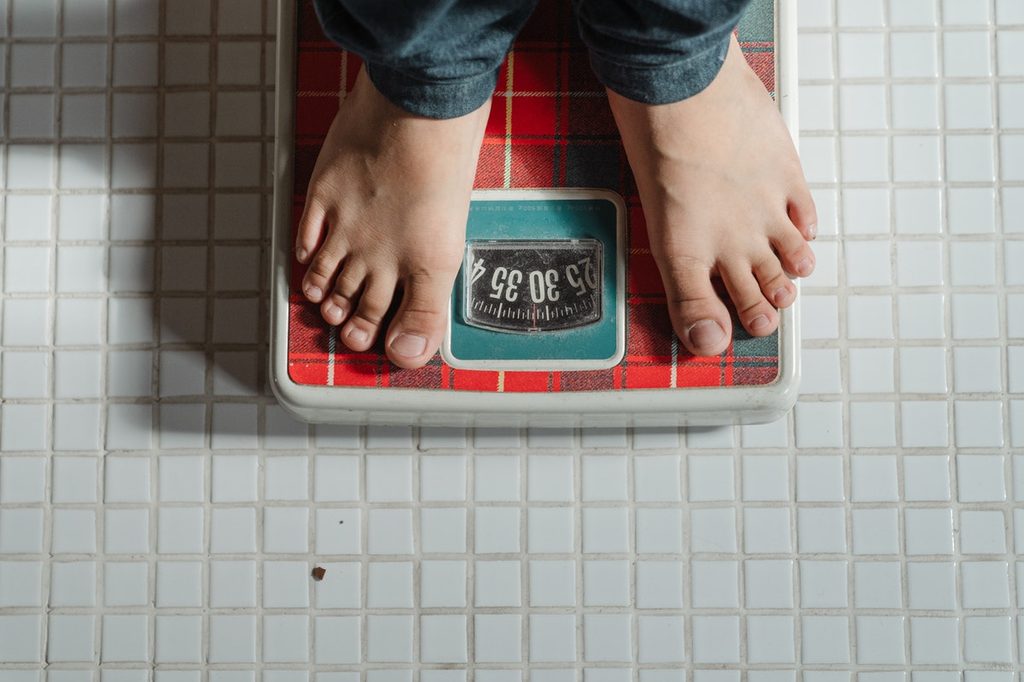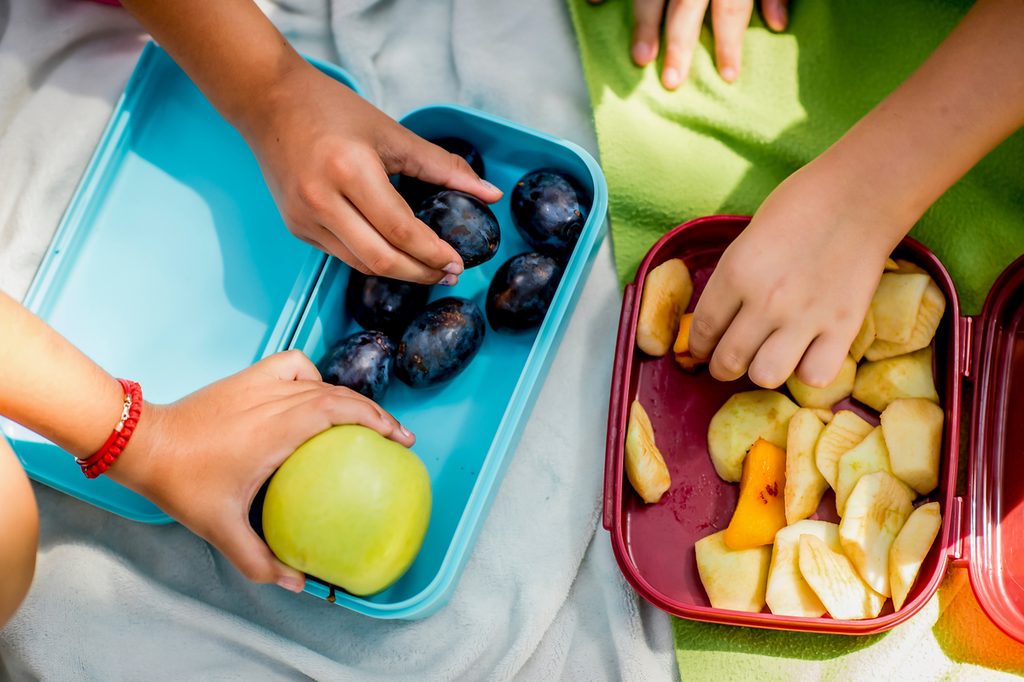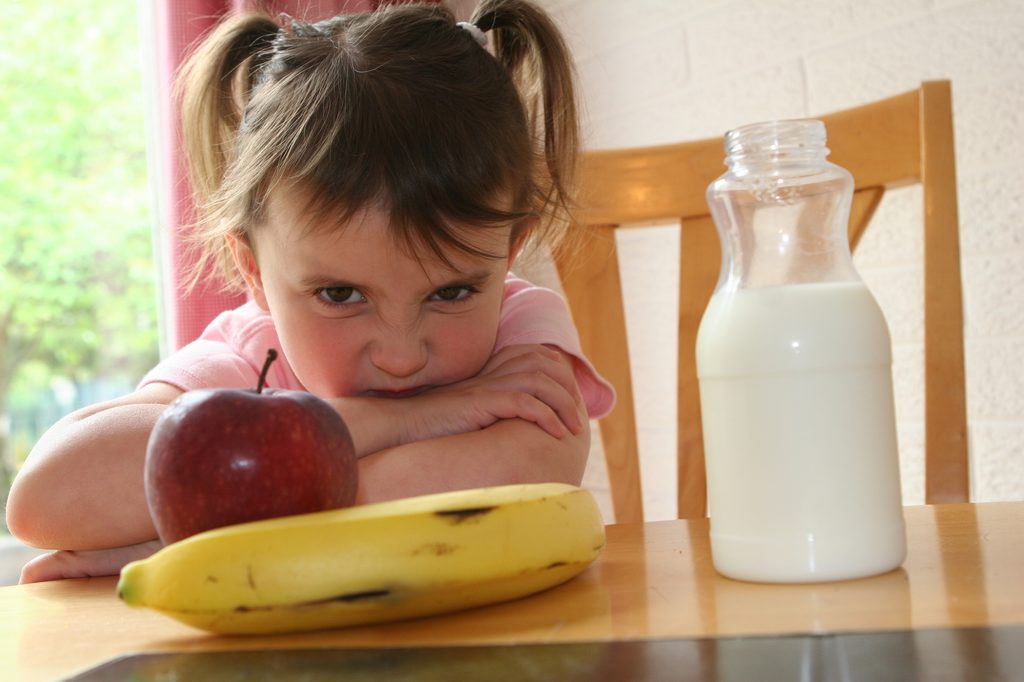
Parents only want what’s best for their kids, and that means facing health challenges head-on. According to the Centers for Disease Control and Prevention, childhood obesity is a major issue in the U.S. with around 13.7 million young children and adolescents falling into the obese category. A child is considered obese if his or her Body Mass Index (BMI) or body fat measurement is over the 95th percentile. Most BMIs for kids and teens are in the fifth and 85th percentile range. A child above the 85th percentile is considered overweight for their age.
The concern with obesity in children and teens is the impact on overall physical and emotional health. Obese children and teens face an increased risk of high blood pressure and cholesterol, type 2 diabetes, asthma, sleep apnea, joint problems, low self-esteem, anxiety, and depression. Future health problems include a higher risk for cardiovascular disease and cancer. An overweight child is more likely to be obese as an adult, as well.
The concerns with childhood obesity

“We know from medical research that the idea of a ‘healthy’ overweight person is a myth,” explained Dr. John Angstadt, medical director of the St. Charles Bariatric Surgery Program in Port Jefferson, New York.
If your child falls into the obesity category, there is hope and help, but it is important to take steps now to get him or her on a healthy track. Losing weight and developing lifelong healthy eating and exercise habits start at home.
“Parents are critical to a child’s success in losing weight,” Angstadt added. “Parents buy the food their children eat, and they usually prepare meals at home, so engagement of the parent is crucial to successful weight loss in a child.”
Diet

Children and teens cannot out-exercise an unhealthy diet any more than adults can. The first step to losing weight begins in the kitchen, not by investing in the latest fad or celebrity diet. Angstadt suggests parents focus on long-term weight loss by instilling healthy eating habits.
Eliminating snacks with structured mealtimes and ending distracted eating in front of the television and smartphones goes a long way in teaching kids and teens healthier eating routines, as does getting rid of sugary sodas and juices. When kids do snack, make sure it is on nuts, fruits, or veggies like carrot and celery sticks.
Hydration is an essential component of weight loss and should be achieved through no-calorie drinks like water. Sports drinks are often loaded with sugar and should be avoided, too. Flavoring water with fruits like lemons and strawberries makes them more appealing for kids.
Adding whole grains, fruits, and vegetables to a child’s diet while cutting out processed foods works to develop healthy eating habits. Cook food at home instead of ordering takeout. Restaurant items tend to be higher in calories, fat, and salt than meals made in your own kitchen. Get kids involved in meal planning and preparation, too. It helps with developing lifelong positive food choices. When weight milestones are reached, don’t use food as a reward for the accomplishment. Instead, celebrate with a family-friendly activity like a hike.
Exercise

A healthy diet and an exercise program go hand in hand. With smartphones, video games, and tablets, it can be very difficult for parents to get kids and teens off the screens and moving. Despite the challenges, getting children and adolescents up and exercising is essential.
“Addressing your child’s obesity is a team sport,” Angstadt said. “The entire family plays a role in creating an environment that leads to the development of new habits — habits that lead to long-term weight control.”
Exercising as a family not only helps your child lose weight, it benefits everyone. It can be as simple as daily walks after dinner and going for bike rides around the neighborhood. If you live close to school, walk instead of driving.
Heart-healthy activities

Sports are a great way to get kids moving. See what sports programs your community recreation department is offering. Soccer, basketball, and hockey, on the ice, the street, or the floor, are ideal sports for weight loss. If your child is self-conscious at first because of his or her weight, try tennis, ice skating, or cross-country skiing. Once he or she has dropped some weight, revisit the idea of a team sport.
Be sure to get your child’s input on sports or other activities. When kids enjoy the activity, they’re motivated to participate. If sports aren’t their thing, try an exercise class together or sign up for a local 5k. The important thing is to get kids active.
How to get your kids involved

It can be difficult for any child to change their eating and exercise habits in an effort to lose weight, which is why how parents choose to tackle this weight loss goal is crucial. Speak with their pediatrician to get advice first, but also make sure you’re being gentle and caring with them. Start small to not completely change your child’s routine.
Tamara Melton, a dietitian and instructor at Georgia State University, explains that something as simple as limiting juice or sugary drinks and instead adding more water or low-fat milk can be a great first step. Ensure they are eating a healthy breakfast each day, and encourage the entire household to begin eating better and exercising more. Children should never be ridiculed or mocked for their weight, so being encouraging and gentle is important.
As a parent, you play an essential role in getting your overweight child down to a healthy weight through diet and exercise, but remember, there aren’t any quick fixes. Losing weight and developing a healthier lifestyle happen over time.
“Obesity is a medical disease that requires a lot of patience, persistence, and love to overcome,” Angstadt noted. “It is critical that parents never berate or make fun of their overweight children. Your support is critical to overcoming this disease.”


